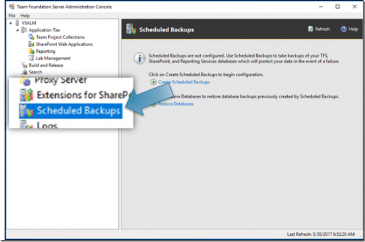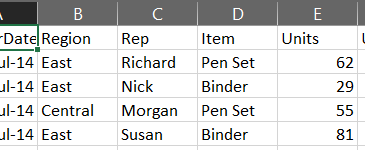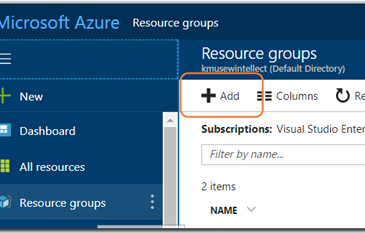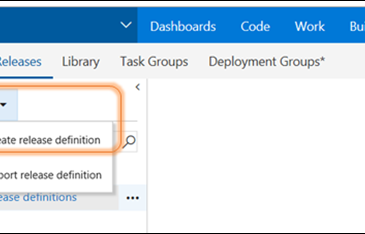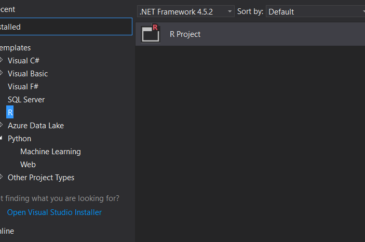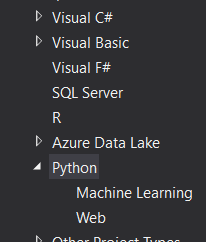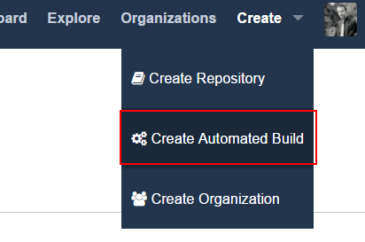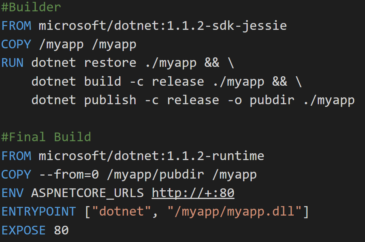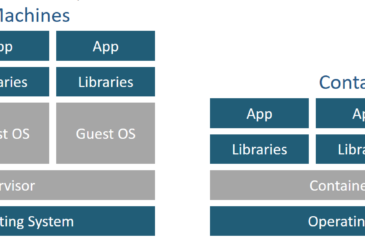
Turbocharge WordPress With Docker
If you’ve ever dealt with WordPress, you’ve probably noticed that it’s not the fastest software out of the box. This is not inherently a problem with WordPress, as it is a complex app that runs on a cross platform technology. Performance of WordPress though can be improved with the combined effects of several small tweaks.…
